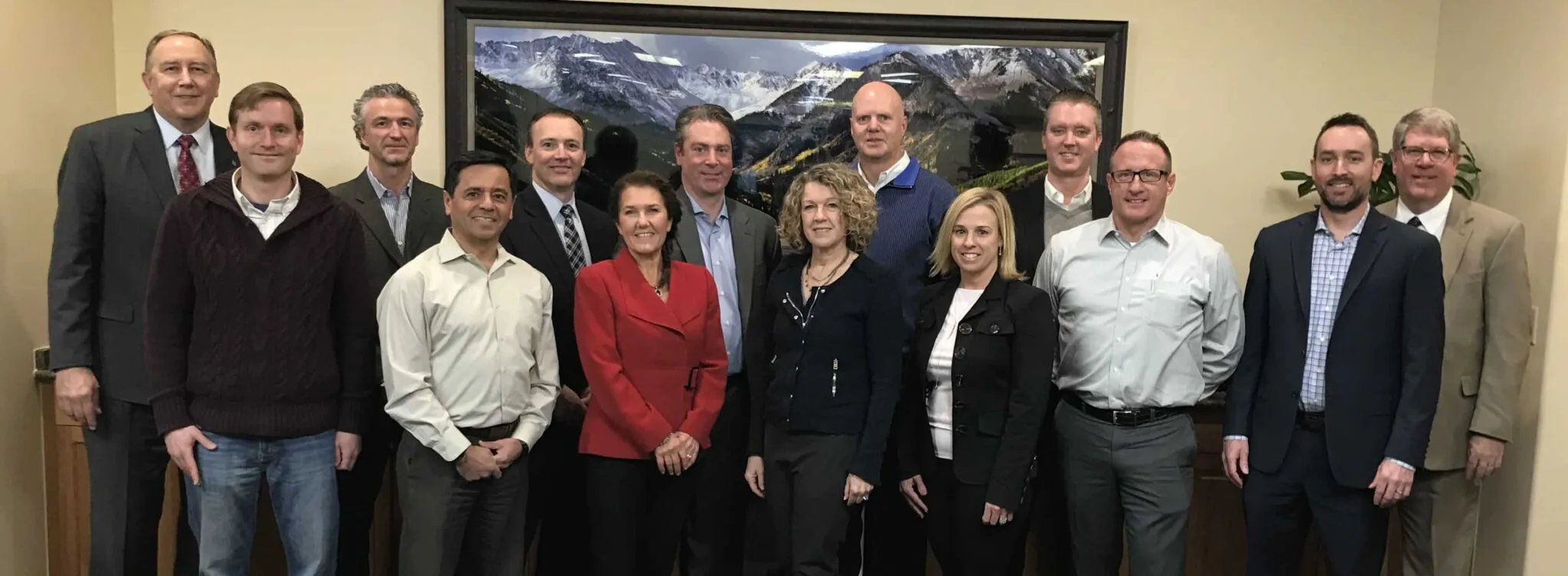Bank CEOs: The regulations just keep on comin’

BOULDER — Despite the impression the federal government is portraying of lightening the burden of regulations, bankers might disagree.
Bankers gathered Tuesday for BizWest’s CEO Roundtable on banking generally agreed that while the Dodd-Frank Act over time has created more financially fit institutions, it has favored big banks more than smaller community banks.
New regulations that banks are dealing with center around having to ask more and more questions of loan applicants. They are also causing banks to add workers who must be trained to understand the laws’ language, and have thick skin to put up…
THIS ARTICLE IS FOR SUBSCRIBERS ONLY
Continue reading for less than $3 per week!
Get a month of award-winning local business news, trends and insights
Access award-winning content today!
